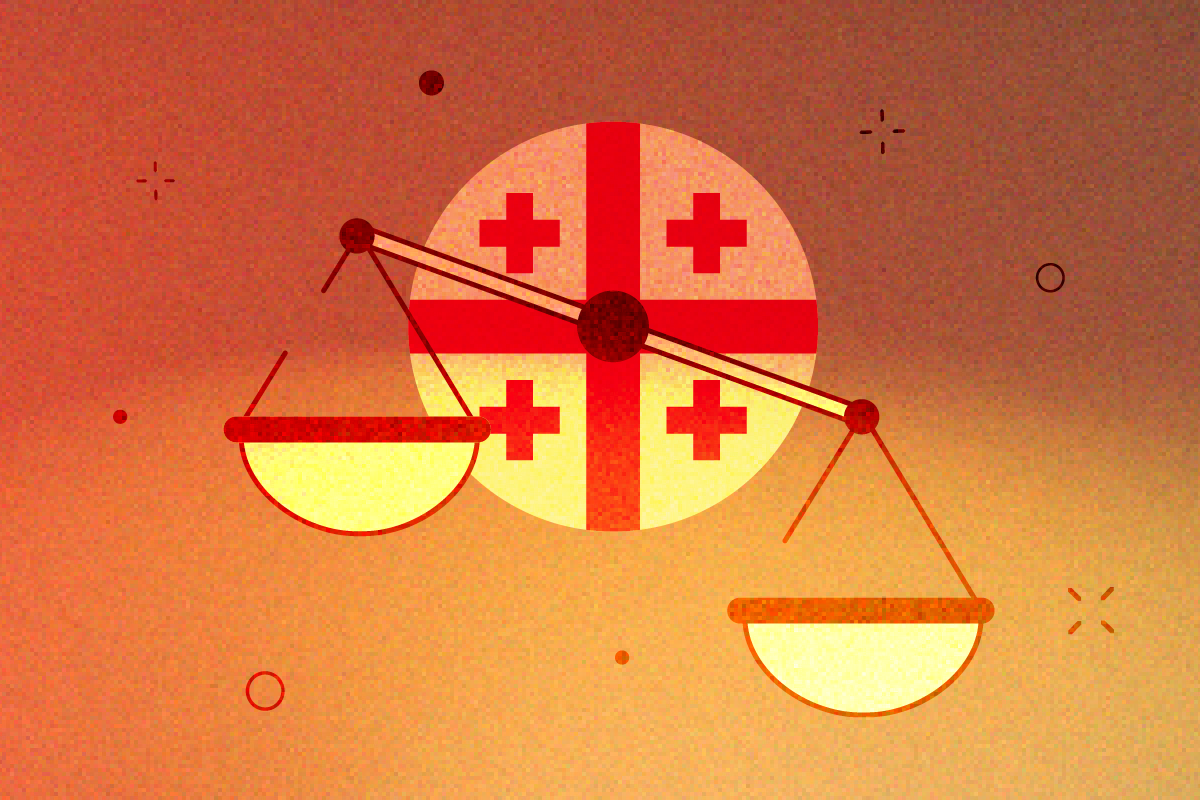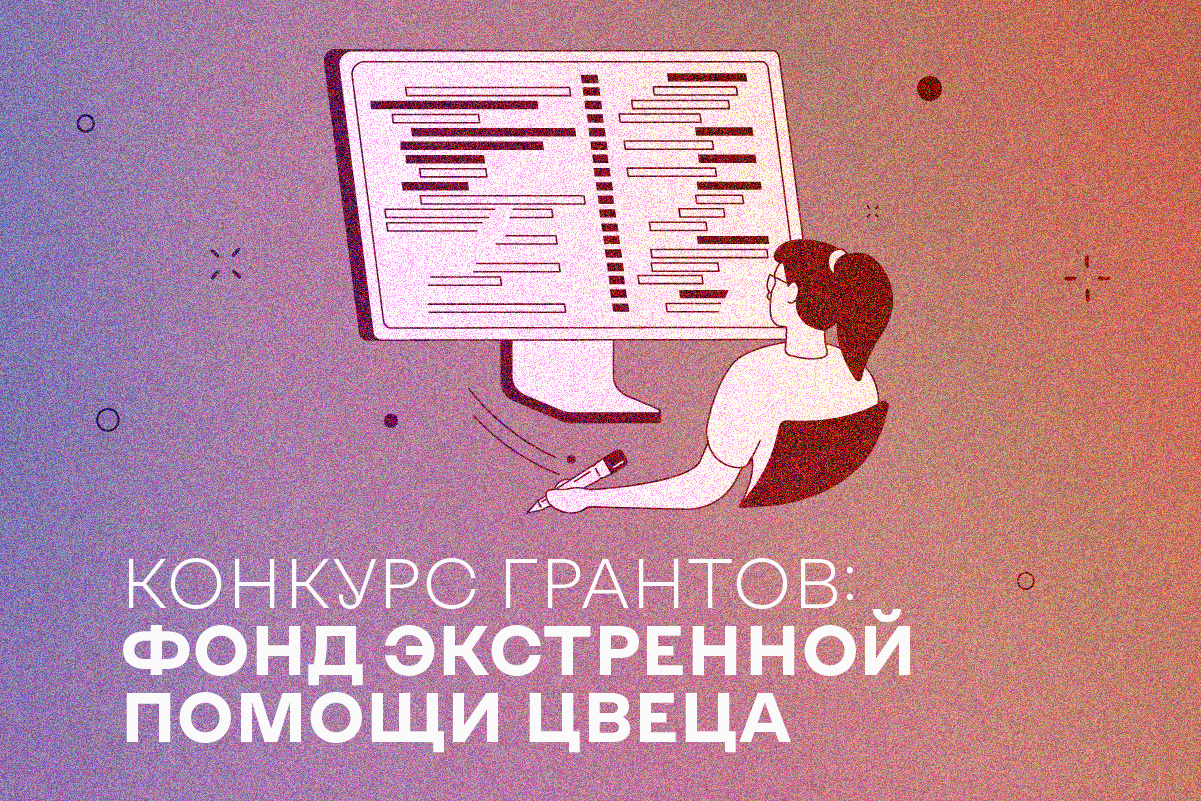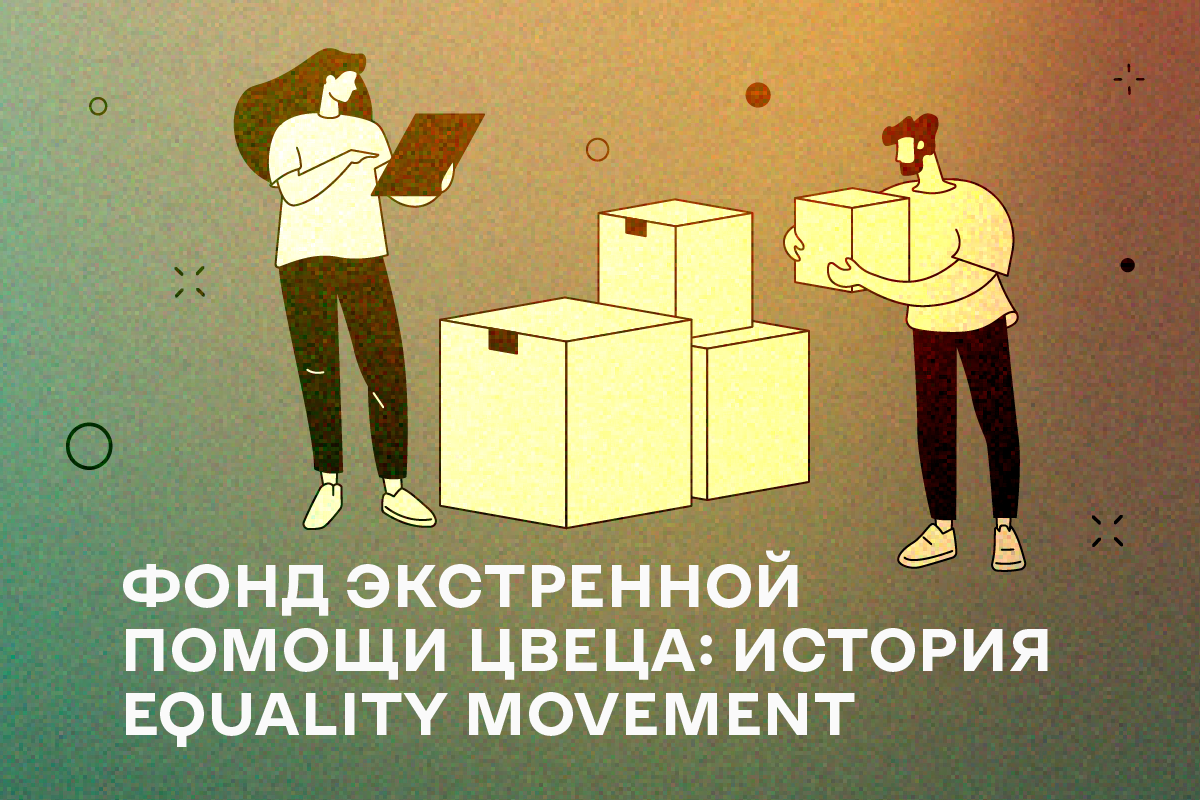ECOM, in partnership with Tbilisi Pride, Equality Movement and Temida, presented a report on LGBT human rights violations in Georgia at the 135th session of the UN Human Rights Committee.
The Human Rights Committee has completed the final recommendations for the country, which included items voiced by ECOM and the partners during the briefings.
The Committee expressed its concern over the high level of discrimination, harassment, intimidation and attacks on LGBT people in Georgia. In particular, the Committee drew attention to the recurring homophobic and transphobic crimes and to the impunity of homophobic and transphobic rhetoric from politicians, other public officials and religious figures.
The Human Rights Committee particularly noted the importance of having legal gender recognition, which is lacking in Georgian legislation for trans* persons.
"In 2021, ECOM, together with Georgian organizations, submitted a report to form a list of issues. This year, a shadow report was submitted for the consideration of the country, and the Committee included in the recommendations all the issues that we touched upon: the right to peaceful assembly for LGBT people, countering discrimination, hate speech and investigating hate crimes. Interaction with UN mechanisms is an important part of advocacy activities. We hope that our joint work with local NGOs will lead to positive changes in Georgia," says Elvira Tilek, Human Rights Officer at ECOM.
The Committee’s recommendations to the state:
- ensure effective protection against all forms of discrimination and violence based on sexual orientation and gender identity, both in law and in practice, and ensure that such violations are promptly and effectively investigated, that the guilty are brought to justice through punishments that are commensurate with the seriousness of the crime, and that victims have access to full redress;
- take appropriate measures to prevent homophobic and transphobic statements by politicians, other public officials and religious figures;
- review and amend its legislation and civil status change procedure with respect to gender identity in order to ensure a prompt, transparent and accessible gender recognition procedure based on the Applicant's self-identification.
The Committee is concerned about reports of intolerance, prejudice, hate speech and hate crimes against vulnerable groups and minorities, including women, ethnic or religious minorities, LGBT people and migrants, that appear in the media and are often committed by far-right groups.
The Committee recommended that Georgia intensify its efforts in the following aspects:
- combat intolerance, stereotypes, prejudice and discrimination against vulnerable groups, including lesbians, gays, bisexual and trans* people, including through increased training for law enforcement officials, public officers, prosecutors and judicial authorities, as well as through awareness-raising campaigns for the general public;
- ensure that any advocacy of ethnic, national, racial or religious hatred, hostility or violence, including on the basis of sexual orientation and gender identity, is prohibited by law, in accordance with articles 19 and 20 of the ICCPR;
- encourage reports of hate crimes and hate speech to ensure that such crimes are registered.
The Human Rights Committee also expressed serious concern about the excessive use of force by law enforcement officials against demonstrators, activists and journalists during the dispersal of assemblies. It is also concerned about the crimes against Pride participants on 5 and 6 July 2021, when members of radical groups attacked LGBT people, human rights activists and journalists.
The Committee’s recommendations to Georgia:
- ensure that all allegations of excessive use of force and arbitrary arrests and detentions by law enforcement officials during peaceful assemblies are investigated promptly, thoroughly and impartially, that those responsible are brought to justice and, if found guilty, punished, and victims are compensated;
- provide law enforcement officials with adequate training in the use of force, based on the Basic Principles on the Use of Force and Firearms by Law Enforcement Officials and the United Nations Human Rights Guidance on the Use of Less Lethal Weapons in Law Enforcement;
- ensure protection of peaceful demonstrators, human rights activists and journalists covering peaceful demonstrations from threats, intimidation, harassment and attacks by private individuals.






Комментарии
Пока никто не оставил комментарий